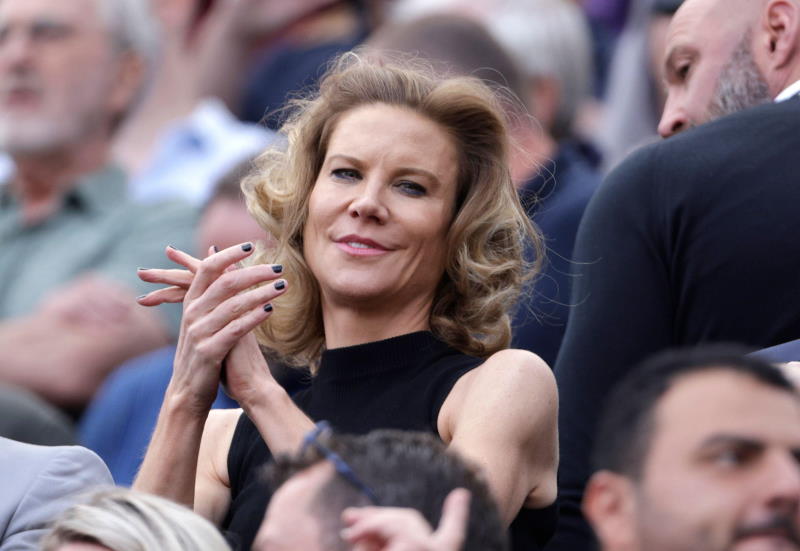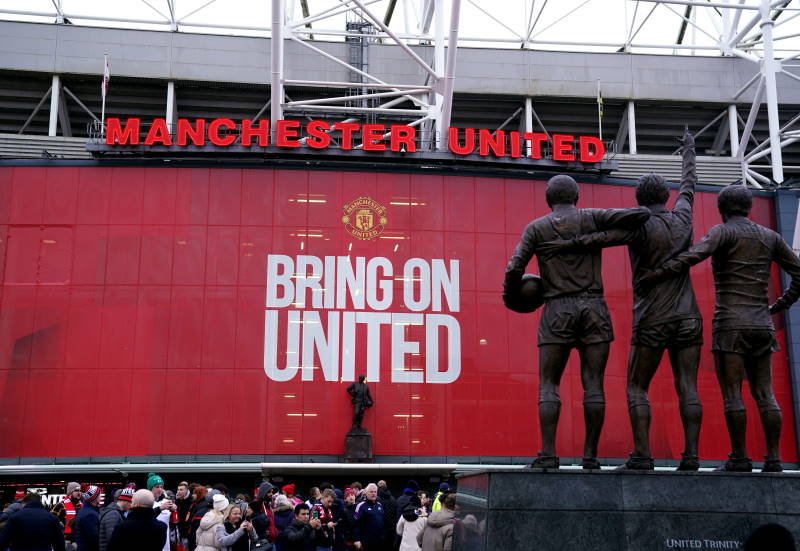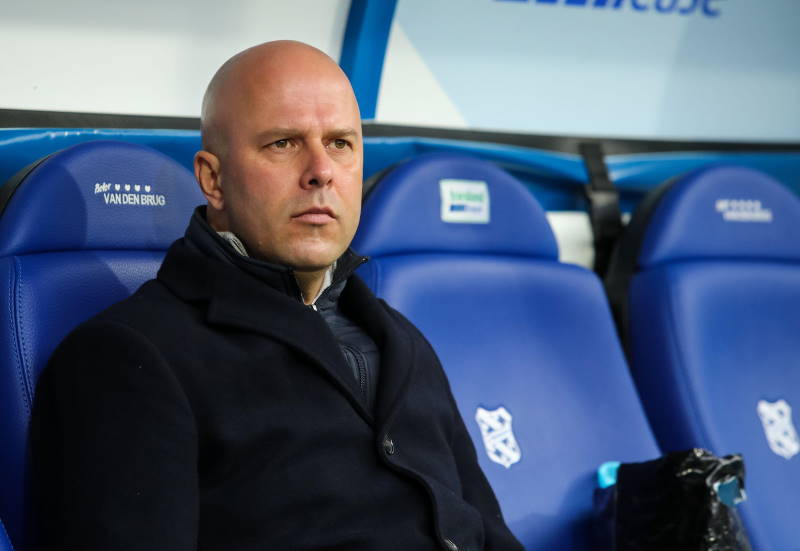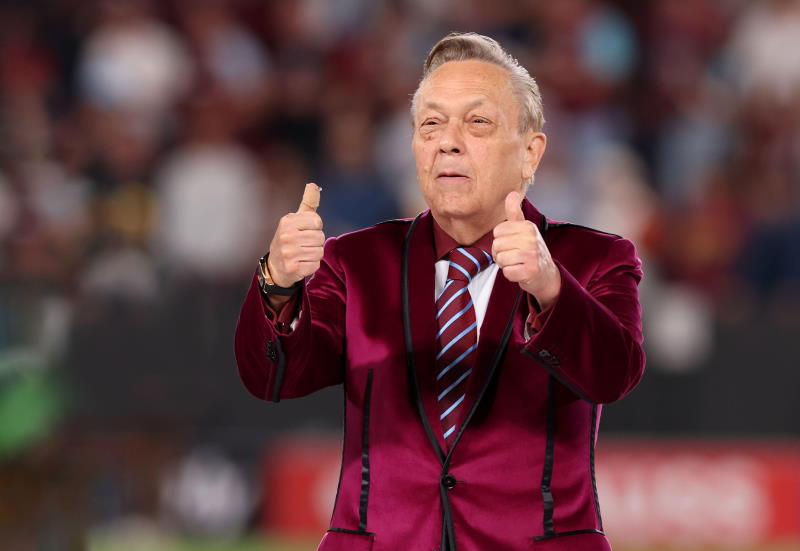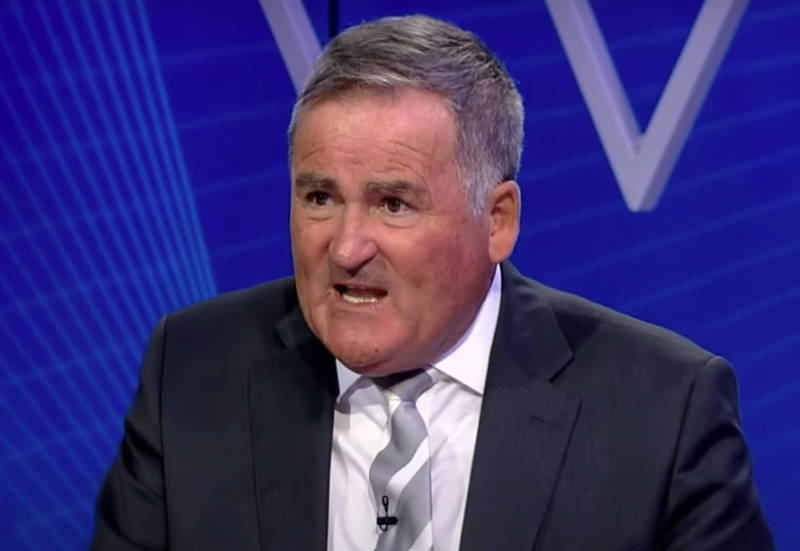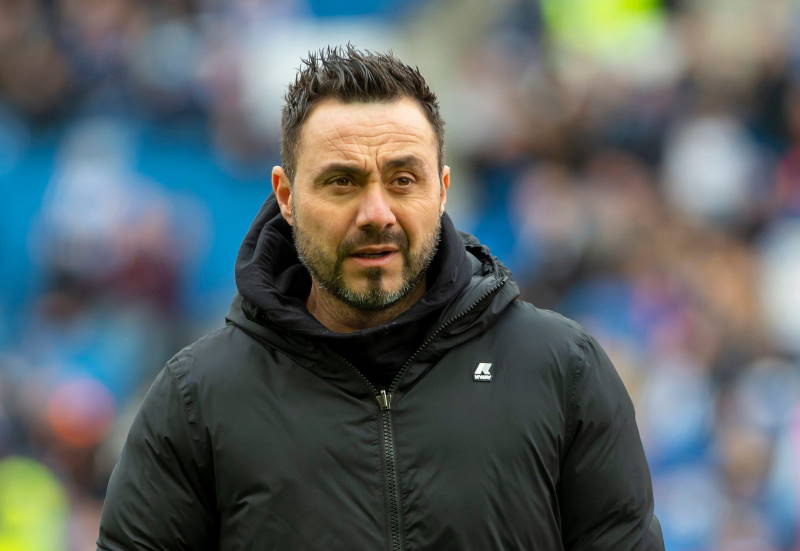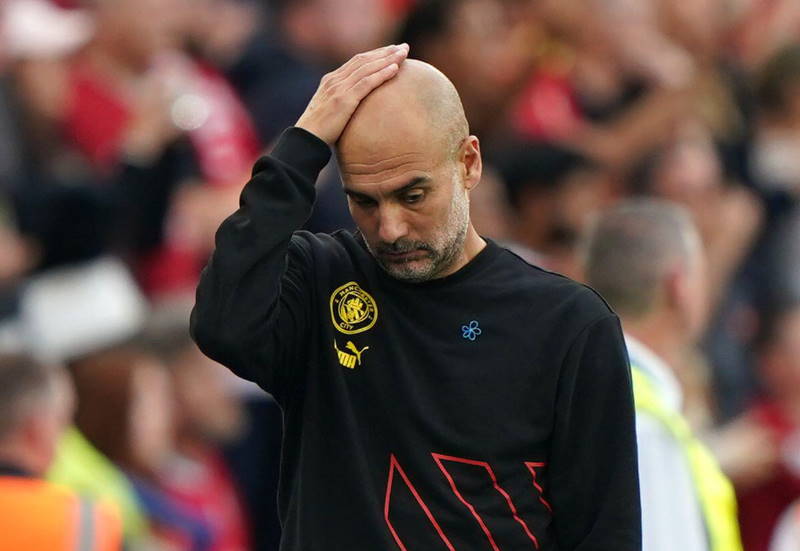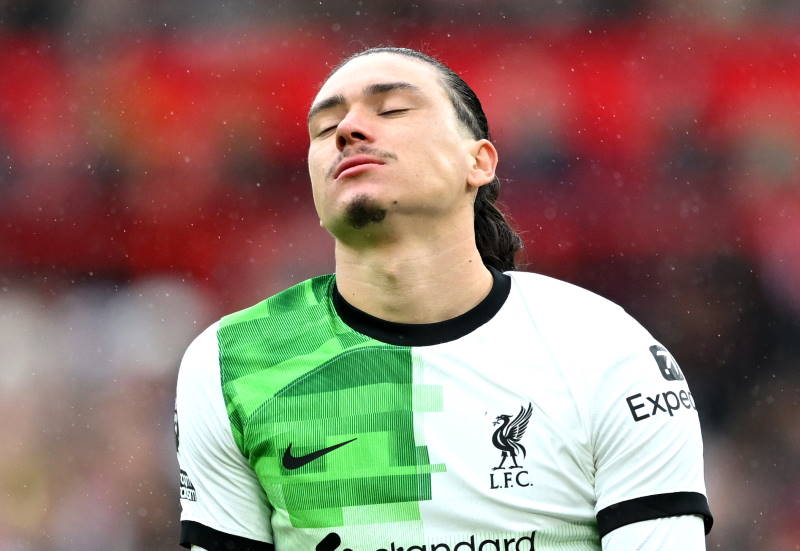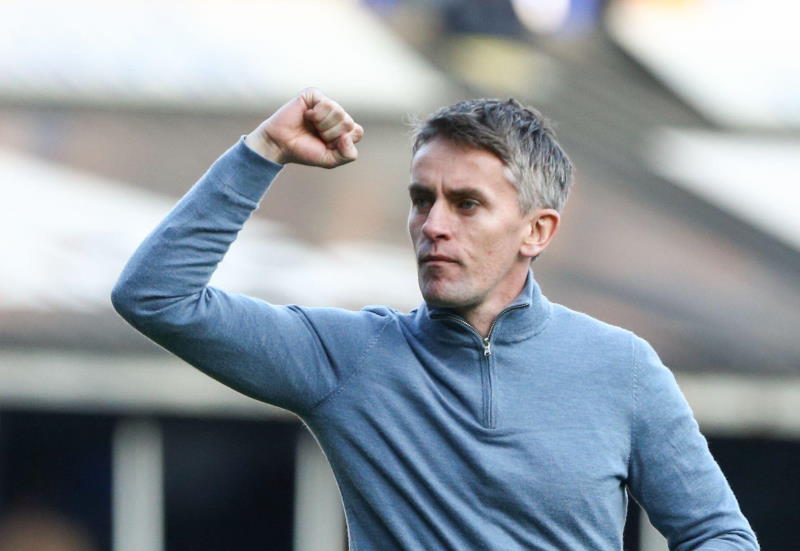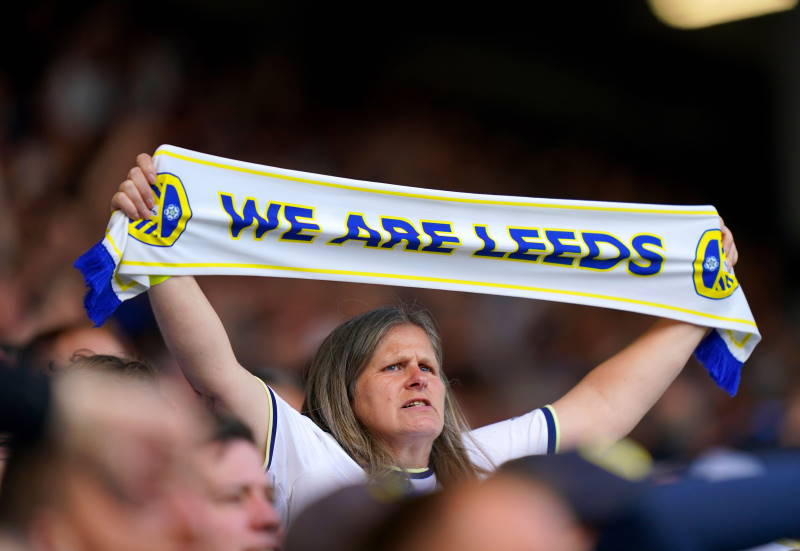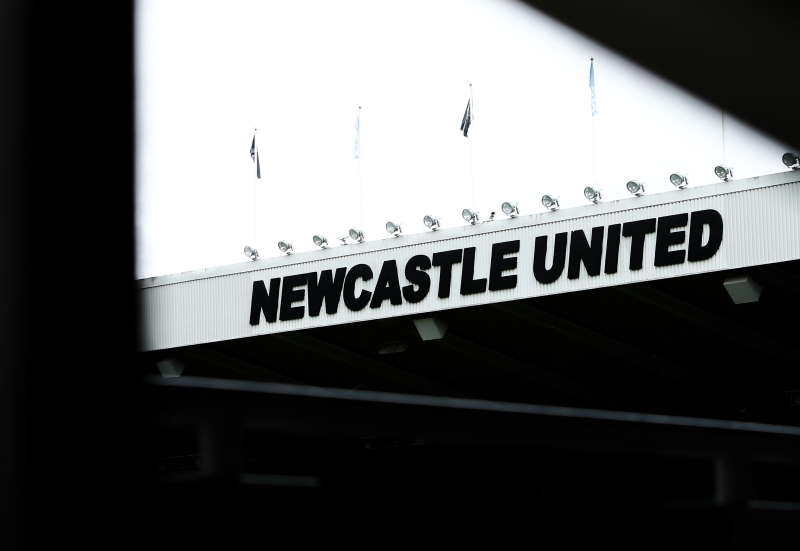
It is now eight years since a team from Guayaquil won the Ecuadorian league title. Emelec’s back-to-back triumphs in 2001 and 2002 are but a distant memory, while Barcelona’s supporters have to look back even further, to 1997, for their last silverware. In the meantime, clubs from the capital Quito have dominated the league, winning eight of the nine titles contested in the period, and LDU Quito have become one of the most recognisable clubs in South America.
In their latest attempt to stem the flow of titles to Quito, both Guayaquil clubs made intriguing coaching appointments ahead of the recently commenced second half of the league season. Emelec appointed the Uruguayan Juan Ramon Carrasco, fresh from leading Nacional to the domestic title in his homeland, while Barcelona went for the youthful talent of Argentine Luis Zubeldia.
Carrasco is a true maverick. The 50-year-old’s mantra is ‘attack, attack, attack’ and his teams do so by using the full width of the pitch, attacking at great pace and pressing aggressively when not in possession. He is notorious for making early substitutions if things are not going to plan, or if one of his players does something to annoy him. “We don’t want to see our players arguing with the referee,” he stated at his first press conference as Emelec coach. “They have been told that if they receive a yellow card for arguing with the referee I will substitute them. I don’t want to see it.”
Ecuador’s league season is split into two stages, in which the 12 teams play each other twice, with the winners from each stage contesting a two-legged playoff to decide the overall champions. Emelec, despite losing Argentine coach Omar Asad during the competition, ran out winners in the first stage and are thus guaranteed a place in the final. Carrasco’s preference is for a 3-3-1-3 formation, but his team have begun the second stage playing 4-3-3 as he is mindful of making too many changes to an already successful side.
Despite this, his image was stamped all over his new charges when they opened the second stage by annihilating Imbabura 5-0. Three of the five goals came from crosses into the area and Emelec pressed with such ferocity that their opponents had little chance to impose themselves on the game. However, in their second match of the tournament Carrasco suffered a problem familiar to any coach of Guayaquil’s big two when his side went down 1-0 away to LDU Quito.
A cursory glance at a topographical map of Ecuador reveals a clear difference between the cities of Guayaquil and Quito. Guayaquil sits just four metres above sea level; Quito 2,850 metres. In addition, the only non-Quito side to win the title since 2002 were Deportivo Cuenca. Cuenca is 2,560 metres above sea-level. In fact, apart from FC Manta, based in a seaside port, and the two Guayaquil clubs, the remaining nine teams all play at elevations of 2,000 metres and up.
Such disparity makes it difficult for Emelec and Barcelona to play aggressive football away from home and may require Carrasco to rethink his strategy. Emelec recorded a 1-0 win over FC Manta in their third match of the second stage, but were physically unable to maintain the heavy pressing and scintillating attacking football that yielded one goal and numerous chances in the opening half hour. Drained from their exertions in Quito four days earlier, Emelec allowed Manta back into the match in the second half and were fortunate their opponents lacked a real cutting edge.
Across town at Barcelona, Zubeldia has also already tasted defeat at altitude, at the hands of Deportivo Quito. At just 30 years old, the Argentine does not have the same coaching experience as Carrasco and has taken a job at a bigger club – Barcelona are the most well supported team in Ecuador. His previous experience was all accumulated at Lanus, the club for which he played in a brief career curtailed by injury. Zubeldia worked his way up through the ranks and was appointed coach of the first team at the age of 27, making him the youngest ever manager in the history of the Argentine top flight.
Lanus finished 4th and then 3rd in Zubeldia’s first two tournaments in charge, but became progressively worse in those that followed, eventually leading to his resignation during the 2010 Apertura. His methods were praised even when results deteriorated, but the question mark hanging over the young coach’s head was whether he would be able to succeed outside of the Lanus safety bubble in which his entire football career had been enveloped.
The signs in Barcelona’s opening game of the season away to Espoli (a 2-2 draw) were not particularly promising. Zubeldia’s side lacked any sort of creativity or composure on the ball in the centre of midfield and had to rely on the left hand side combination play of Roosevelt Oyola and Matias Oyola (unrelated) to build their infrequent attacks. Despite the fact that their hosts scored an injury time equaliser, Barcelona were lucky to come away with a point after Espoli had one goal incorrectly ruled out for offside, and the Toreros (Bullfighters) were gifted one of their goals by a terrible error of judgement from Espoli goalkeeper Diego Martinez.
It was the introduction of one of Zubeldia’s new recruits that showed a glimpse of the improvement that could well come once he is able to shape the team to his liking. Damian Diaz may not have thrived in the shadow of Juan Roman Riquelme at Boca Juniors, but is a very capable playmaker, and provided a taster of his talent with a superb through-ball to Vinicio Angulo for the goal that put Barcelona 2-1 up. He was constantly seeking the ball, giving the team a creative nucleus they had previously lacked.
Still struggling a little for fitness at present, the integration of Diaz and fellow-Argentine Aldo Duscher into the starting eleven is of paramount importance if Barcelona are to improve in the coming weeks. Only then will it become clear if Zubeldia has the wherewithal to bring the glory days back to the yellow half of Guayaquil.

